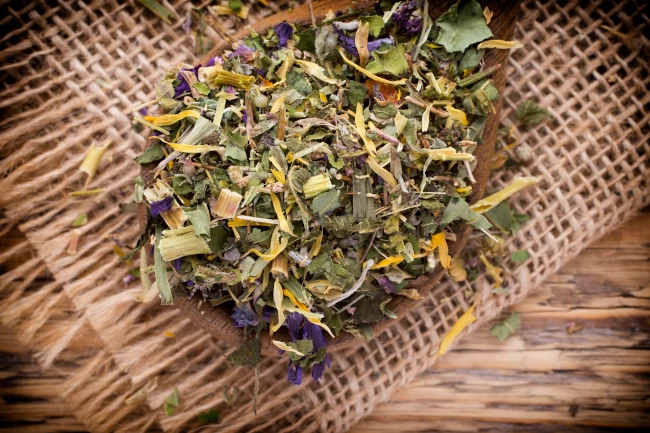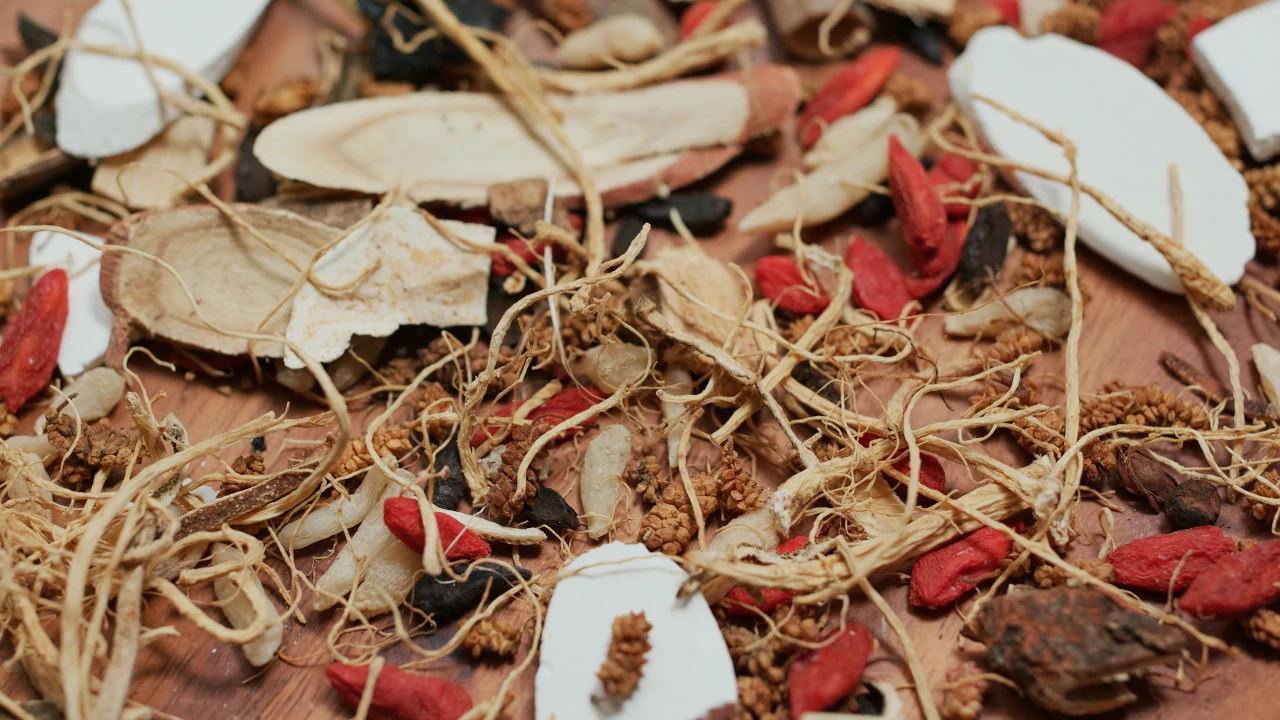Herbal Teas
Herbal teas have been used for centuries as a traditional and alternative medicine to treat a variety of illnesses. The therapeutic benefits of herbs have long been appreciated and used by numerous cultures and civilizations. Many people prefer these natural remedies because they are typically regarded as safe and effective without the side effects connected with prescription medications. We will examine the use of herbal tea in conventional and complementary medicine in this article.
Teas made from herbs are made from a variety of plant parts, including leaves, flowers, roots, and stems. These plants have active components that can aid in the treatment and prevention of illnesses. Herbal teas are brewed to create a decoction, infusion, or tincture in traditional medicine. Even though they have been improved and standardized for quality control, these techniques are still in use today.
Calming Effects
Herbal tea has calming effects on the body, which is one of its advantages. For instance, chamomile tea is a well-liked herbal beverage that helps people unwind and manage stress. Flavonoids, which are present in this herb and which have sedative effects on the body. Additionally, it is used to treat mild anxiety and insomnia. Another herbal tea that is popular for its ability to calm the digestive system is peppermint tea. This herb contains menthol, a naturally occurring muscle relaxant that can help to relieve bloating and stomach cramps.
Tea made from herbs is also used to treat different respiratory issues. For instance, eucalyptus tea is used to treat coughs and congestion. The natural decongestant eucalyptol is present in this herb. It can aid in easing mucus and reducing inflammation in the airways, which will ease breathing. Another herbal tea that is used to treat respiratory issues is ginger tea. Gingerols, which are present in this herb and have both anti-inflammatory and antioxidant properties. It can assist in easing congestion and reducing airway inflammation.
Tea made from herbs is also used to support a healthy digestive system. Popular herbal tea called ginger tea is used to treat nausea and vomiting. By boosting the production of digestive enzymes, this herb can also aid in better digestion. Another herbal tea that is used to support good digestive health is peppermint tea. This herb can aid in the relief of indigestion, gas, and bloating. Additionally, it may help to increase the flow of bile, which is necessary for the breakdown of fats.
 The Immune System Response
The Immune System Response
The immune system is also strengthened by drinking herbal tea. For instance, echinacea tea, a well-liked herbal tea, is used to strengthen the immune system. Echinacoside, a naturally occurring antibiotic, is present in this herb. White blood cell production, which is crucial for warding off infections, may be stimulated. Another herbal tea that is used to strengthen the immune system is green tea. This tea contains catechins, which are antioxidants with antiviral and antibacterial properties. They can aid in defending the body from illnesses and infections.
Herbal tea is used to promote heart health in addition to the advantages listed above. For instance, hibiscus tea is a well-liked herbal tea that lowers high blood pressure. Anthocyanins, which are organic antioxidants found in this herb, can aid in preventing damage to the blood vessels. Additionally, it may lessen the accumulation of cholesterol in the arteries. Another herbal tea that is used to support heart health is green tea. This tea contains catechins, which by enhancing blood flow and lowering blood vessel inflammation can help lower the risk of heart disease.
Healthy Skin
Tea made from herbs can also help to maintain healthy skin. For instance, Rooibos tea, a well-liked herbal tea, is used to support healthy skin. Because of the alpha hydroxy acid present in this herb, wrinkles and fine lines may appear less pronounced. Antioxidants found in it can aid in defending the skin against free radical damage. Another herbal tea that is used to support healthy skin is green tea. Catechins, which are present in this tea and have anti-inflammatory properties. In addition to shielding the skin from UV radiation damage, it can aid in reducing skin inflammation.
Tea made from herbs can also aid in restful sleep. For instance, a well-liked herbal tea that encourages sound sleep is valerian root tea. Valerenic acid, which is present in this herb and has a sedative effect on the body. It may shorten the time it takes to fall asleep and enhance the sleep experience. Another herbal tea that is used to encourage restful sleep is passionflower tea. This herb can ease tension and anxiety, which can enhance the quality of your sleep.
Summary
It’s true that herbal tea has been used extensively in complementary and alternative medicine for many years. Different cultures and civilizations around the world have acknowledged and used its curative properties. Because it is typically regarded as safe and effective without the side effects connected with prescription drugs, herbal tea is preferred by many people. Its advantages include encouraging rest, treating respiratory issues, promoting sound digestion, boosting the immune system, encouraging sound heart and skin health, and encouraging sound sleep. It is crucial to speak with a medical professional before using herbal tea as a natural treatment for a health issue to make sure it is safe and suitable for you.

